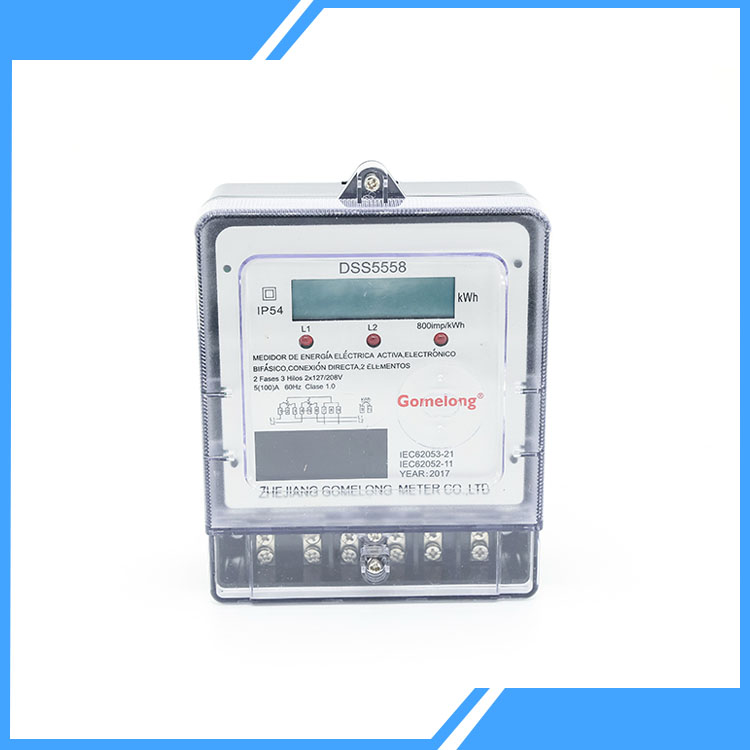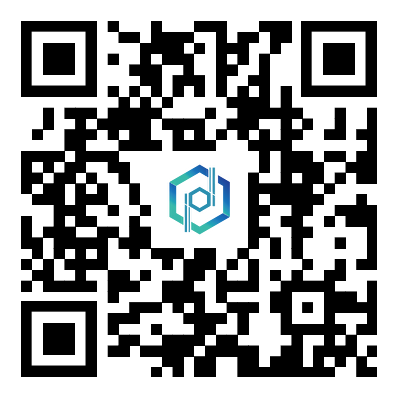Characteristics of Two-phase Electric Meters
2024-05-31
A two-phase electric meter is a device used to measure the electrical energy consumption in a system with a two-phase power supply. This type of power supply is less common than single-phase or three-phase systems, but it can be found in specific applications or older electrical installations. Here's an overview of two-phase electric meters, their functions, and applications:
Characteristics
1. Voltage and Current Measurement: Measures the voltage and current in each of the two phases to calculate the total power consumption.
2. Energy Calculation: Uses the measured voltage and current to calculate the energy consumption, typically in kilowatt-hours (kWh).
3. Digital or Analog: Can be either digital, offering more features and accuracy, or analog, which might be simpler and less expensive.
4. Accuracy: High precision in measuring electrical parameters, often complying with industry standards for metering accuracy.
Functions
1. Energy Monitoring: Provides accurate measurement of energy usage in two-phase systems, helping consumers and utilities monitor consumption.
2. Billing: Used by utility companies to bill customers based on their energy consumption.
3. Load Management: Helps in managing and balancing the load between the two phases to avoid overloading and ensure efficient energy use.
4. Power Quality Monitoring: Advanced meters can also monitor power quality parameters such as voltage sags, swells, and harmonic distortion.
Applications
1. Residential: In homes with two-phase power supply, often in older electrical installations or specific geographic regions.
2. Commercial: Small commercial establishments that use two-phase power systems for their electrical equipment.
3. Industrial: Certain industrial processes that require two-phase power for specific machinery or equipment.
4. Utility Companies: Used by utility companies to measure and monitor energy distribution in two-phase areas.
Advantages
1. Accurate Billing: Ensures consumers are billed accurately for their energy consumption.
2. Energy Management: Helps in monitoring and managing energy use, leading to potential energy savings.
3. Power Quality Improvement: Advanced meters can help in identifying power quality issues, leading to improved performance and longevity of electrical equipment.
4. Data Recording: Digital meters can record and store data for analysis, helping in energy audits and efficiency improvements.
Considerations
1. Compatibility: Ensure the meter is compatible with the specific type of two-phase system in use (voltage levels, frequency, etc.).
2. Installation: Proper installation by a qualified electrician is crucial for accurate measurement and safety.
3. Calibration: Regular calibration may be necessary to maintain accuracy over time.
4. Regulations: Compliance with local and international standards and regulations for electrical metering.
Installation Tips
1. Professional Installation: Always have the meter installed by a licensed electrician to ensure safety and compliance with regulations.
2. Correct Placement: Place the meter in an accessible location for easy reading and maintenance.
3. Secure Connections: Ensure all electrical connections are secure and properly insulated to prevent faults and ensure accurate measurement.
4. Regular Inspection: Periodically inspect the meter and its connections to ensure continued accuracy and safety.
Conclusion
A two-phase electric meter is essential for accurately measuring and managing energy consumption in two-phase power systems. Whether for residential, commercial, or industrial applications, these meters provide critical data that helps in efficient energy use, accurate billing, and maintaining power quality. Proper installation, maintenance, and compliance with standards are key to their effective operation.



